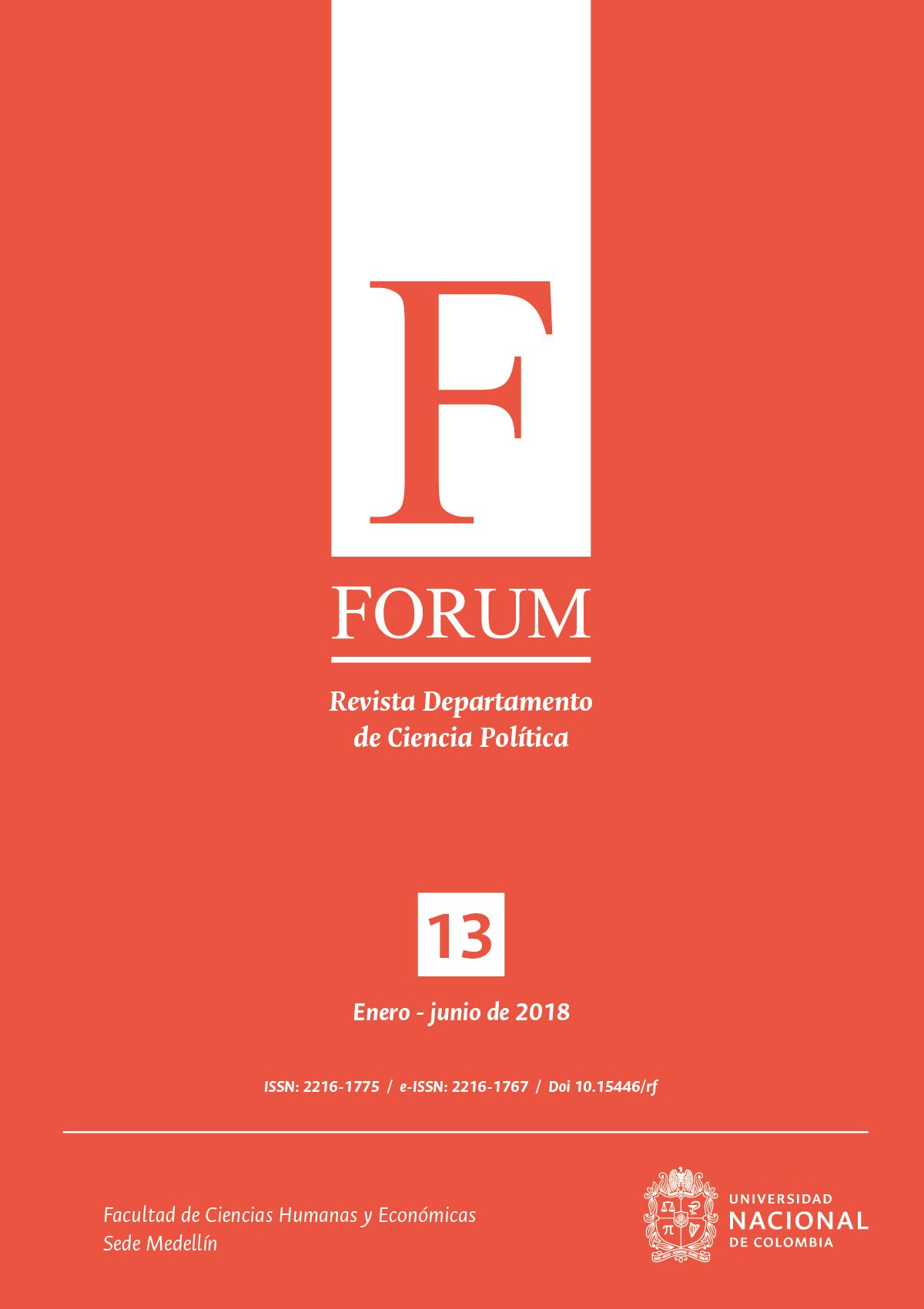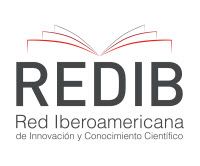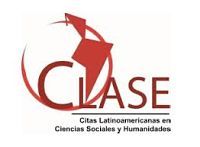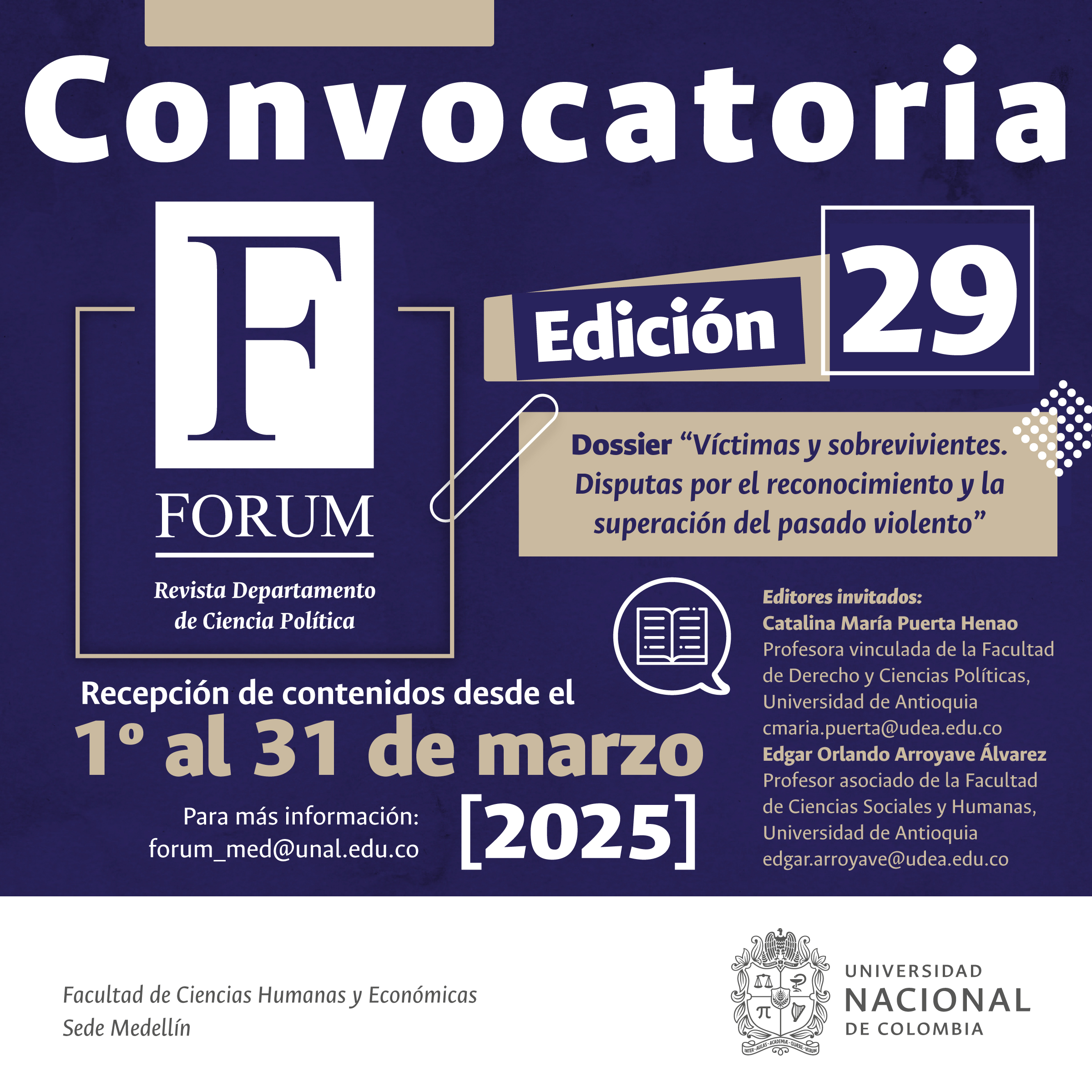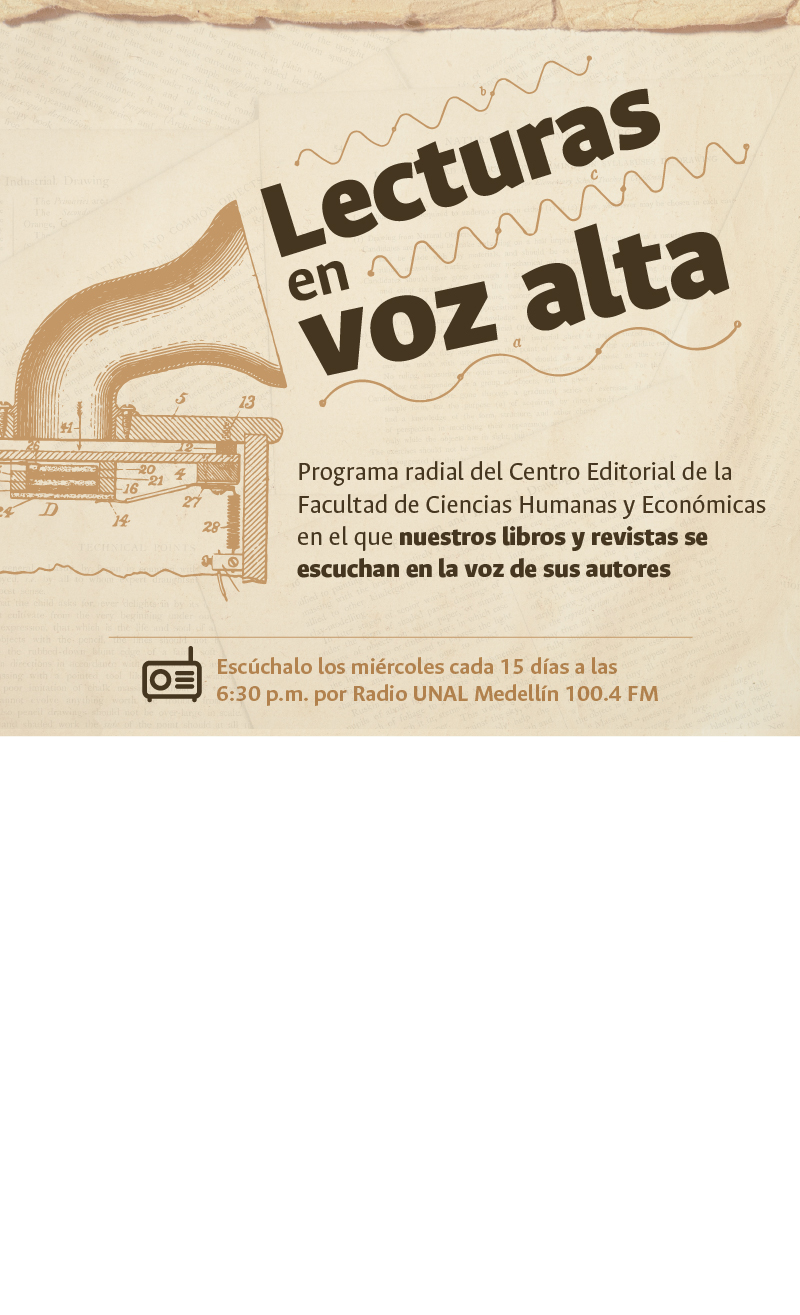Antonio Gramsci. (2017). Materialismo histórico, filosofía y política moderna
DOI:
https://doi.org/10.15446/frdcp.n13.73928Keywords:
Gramsci, filosofía política, materialismo, política moderna (es)Downloads
Un interesado en la filosofía de la praxis y especialmente en estudiar la hegemonía y su afín, la subalternidad, no puede postergar la lectura de este clásico. Antonio Gramsci, lo es, porque logra un diálogo permanente en nuestro presente a través de los conceptos desarrollados. Fue un teórico y activista político marxista, nació en Cerdeña en 1891. Estudió en la Università di Torino (Italia), donde tuvo su primer acercamiento al pensamiento socialista, principalmente por Benedetto Croce, se afilió al Partido Socialista Italiano. Terminada la Primera Gran Guerra mundial e influenciado por las obras de Marx, Engels y Lenin se alejó del idealismo filosófico.
References
Gramsci, A. (1981). Cuadernos de la Cárcel. Edición crítica del Instituto Gramsci a cargo de Valentino Gerratana, Vol. 1. Traducido por Ana María Palos. México: Ediciones Era.
How to Cite
APA
ACM
ACS
ABNT
Chicago
Harvard
IEEE
MLA
Turabian
Vancouver
Download Citation
License
Copyright (c) 2018 Forum. Revista Departamento de Ciencia Política

This work is licensed under a Creative Commons Attribution-NonCommercial-NoDerivatives 4.0 International License.
Those authors who have publications with the FORUM Revista Departamento de Ciencia Política, accept the following terms:
The authors will keep their copyright and guarantee the journal the right of first publication of their work, which will be simultaneously subject to the Creative Commons Attribution License - Non-Commercial - No Derivate 4.0 that allows third parties to share the work whenever its author is indicated and its first publication this magazine.
Authors may adopt other non-exclusive licensing agreements for the distribution of the published work (eg, deposit it in an institutional telematic archive or publish it in a monographic volume) whenever the initial publication in this journal is indicated. .
Authors are allowed and advised to disseminate their work through the Internet (eg in institutional telematic archives or on their website) before and during the submission process, which can produce interesting exchanges and increase citations of the published work. (See The effect of open access).



